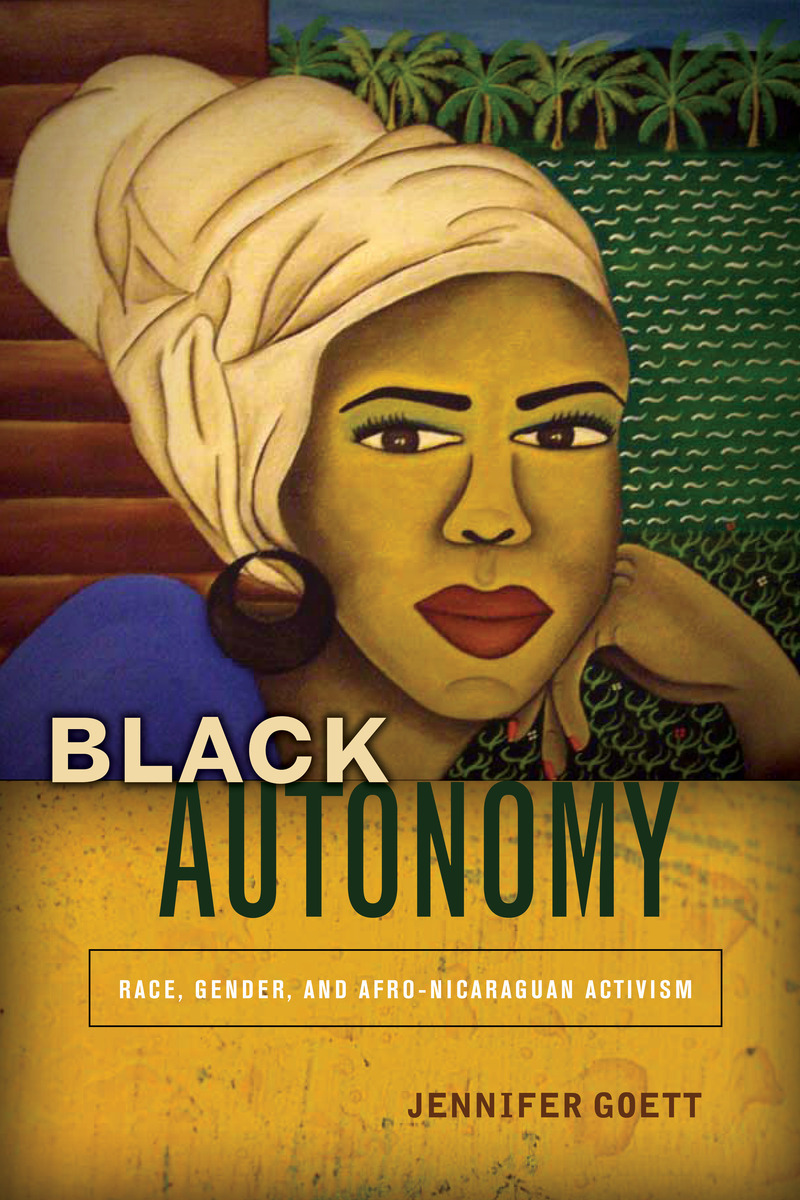Zadie Smith’s Swing Time is a dance to the rhythms of womanhoodPosted in Articles, Book/Video Reviews, Media Archive, United Kingdom on 2016-12-11 21:41Z by Steven |
Zadie Smith’s Swing Time is a dance to the rhythms of womanhood
iNews
2016-11-02
Zadie Smith, Swing Time (New York: Penguin Press, 2016)
Swing Time is a quiet and rhythmic book. Just as the title suggests, this book swings, oscillating from past to present, like the steady rhythm of a pendulum.
This is the story of two brown girls who dream of dancing. Tracey is the skint but talented one; our unnamed first person narrator… not so much. Where Tracey’s mother serves Angel Delight in a kitchen with a cork board heaving with gold medals, our narrator’s mother wears a cocked beret and keeps her head buried in books to better herself.
Living on the same estate, the mothers come from two different worlds, and the girls’ friendship blossoms awkwardly. They compare and compete, outgrow each other to take different paths, then come full circle.
This is a book about living in the spotlight and living in the wings. It time-travels using music and dance, from north London to west Africa, from the ghosts of Chicago swing to Hollywood musicals, jazz and ragtime, to reggae and the golden era of hip-hop. It is also, centrally, about female friendships: the strange envy one might feel when a friend seems to be moving on, moving away, moving faster, almost betraying us with their successful career or by having a baby or getting married. We all have had that friend or maybe we are that friend to someone else…
Read the entire review here.




